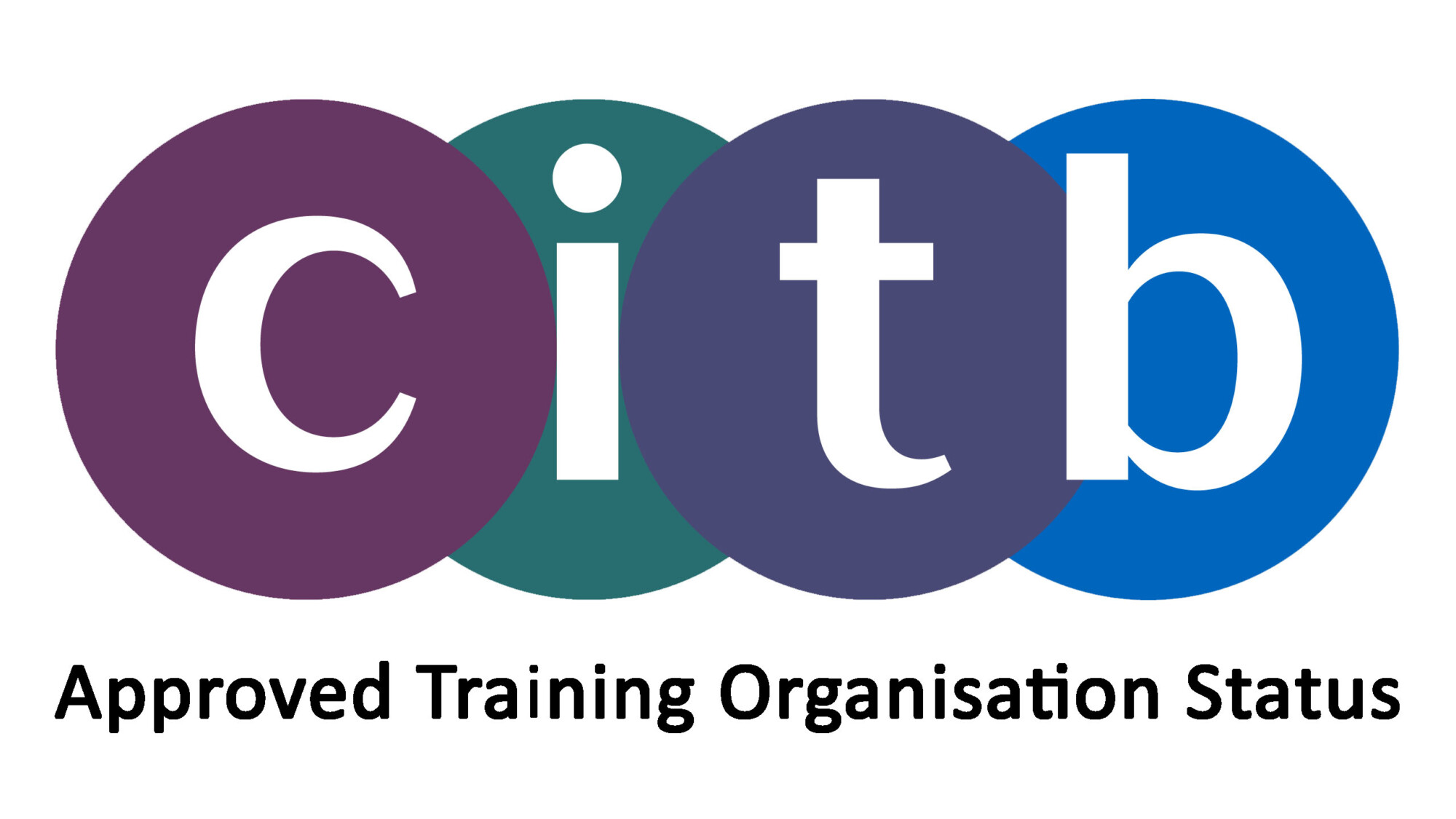The Reasons Why Emotional Intelligence Is Critical for Effective Leadership in 2024
Modern leaders have a lot to contend with. The rapid emergence of digitisation following the COVID-19 pandemic has seen workplaces across a vast number of industry sectors shift their working practices almost overnight, requiring leaders to not only remain diligent and committed to their roles but also to become experts at remote management.
Managing a diverse and often remote team can be challenging, and maintaining unit cohesion and team morale is often reported to be a more complex endeavour than has been experienced in previous years. One interesting observation of the situation is that leaders with strong emotional intelligence have been better equipped to overcome these challenges, enhancing workplace dynamics and piloting businesses effectively through these choppy waters.
So what is emotional intelligence?
Emotional intelligence is a term that describes an individual’s ability to identify, understand, manage and influence their emotions and those of the people around them. These people tend to be empathetic, good listeners, diplomatic and caring. Previously seen as “soft” skills and perhaps under-valued, they are, in fact, the cornerstones of excellent leaders.
Why leaders need good emotional intelligence in 2024
The COVID-19 pandemic rocked the very core of our society, causing people to re-evaluate what truly matters to them. For many, this highlighted the need for their employer to care about them, to support them and to value their efforts, rather than simply paying them for work completed.
Where office and site-based staff would previously work under duress because they knew they were being monitored, the shift to remote working has allowed them to exercise autonomy in how they conduct their daily duties. Effectively leading remote teams requires a new set of skills, including the ability to empower and trust workers to perform as needed.
Modern leaders must demonstrate high levels of emotional intelligence to tactfully cultivate a working environment in which workers’ needs are met and business objectives achieved. Effective leaders are trusted by their teams, recognise and reward successes, support struggling employees to overcome challenges and boost team morale. They manage conflict proactively, always seeking a mutually beneficial solution that allows all parties to emerge unscathed.
Can emotional intelligence be learned?
Emotional intelligence is inherent in many individuals and is a skill that can be nurtured. For this reason, workplace training packages can be tailored to enhance leadership skills, helping talented leaders to find creative solutions to the challenges that they face, helping them to understand the needs and motivations of their teams and ensure their businesses thrive.
The best training packages focus on building leadership competencies by considering the unique nature of the industry and working environment and tailoring a package to address and enhance those specific requirements. By allowing leaders a safe environment in which to practise and hone their strategies, they will become quietly confident and competent in exerting their authority while remaining mindful at all times of the impact of their delivery on others.
Teaching leaders to get the most out of their emotional intelligence traits will enhance their performance and that of the organisation as a whole. To find out more, please contact Keystone Training today.


